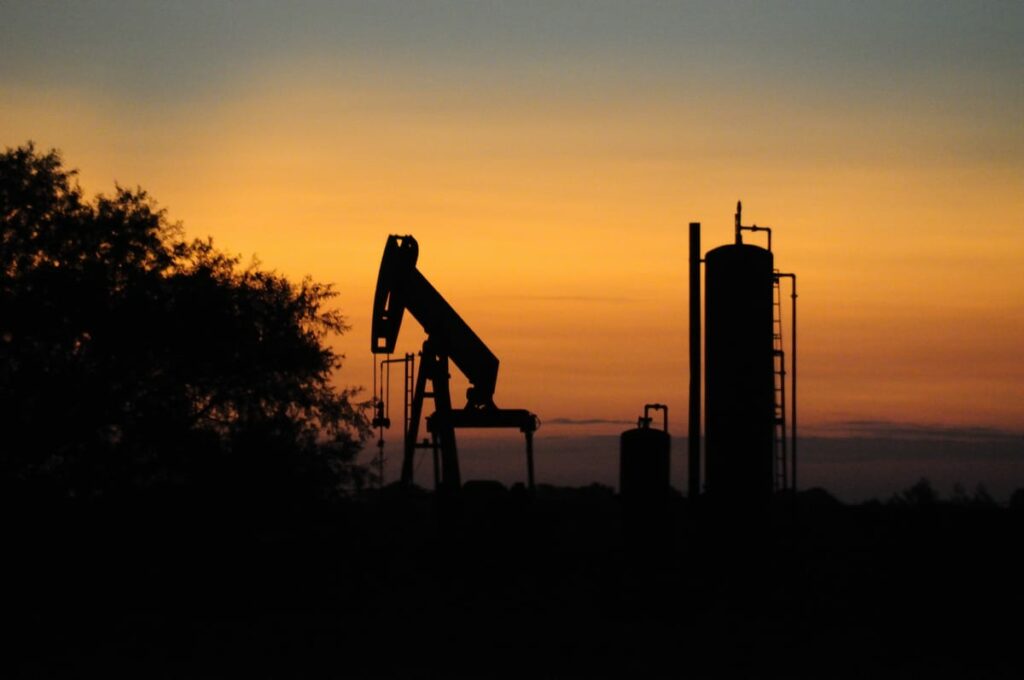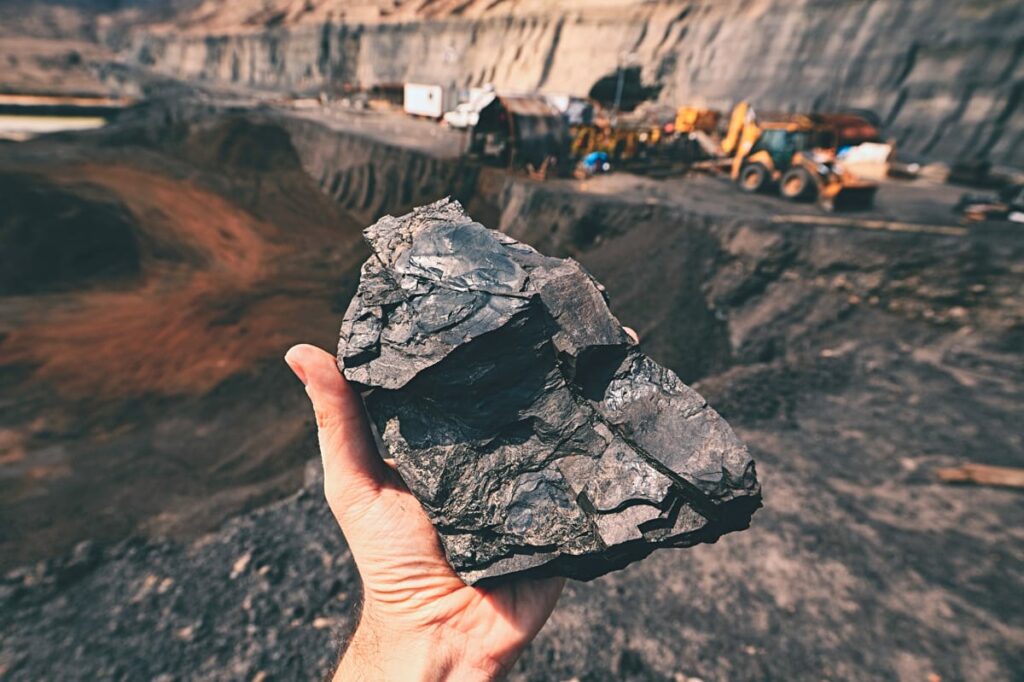For decades, mining has powered Australia’s economy. It is the country’s second-biggest export, behind oil, and only Indonesia sells more coal globally. The government often credits the industry with Australia’s wealth. Last year, coal exports brought A$55bn to Australia’s economy, and almost all of this went to mining companies. Australia’s coal industry employs 40,000 people, and coal jobs support many rural communities and the country’s economy.
Australia’s continued reliance on fossil fuels could have significant negative consequences for national security, the economy, and our way of life. Without a clear strategy to transition off fossil fuels, we could experience a crisis of food shortages during a conflict in Asia or run out of pharmaceutical supplies. Australians could be stranded without access to work for weeks at a time. Australians face economic collapse and global financial crisis with continued reliance on fossil fuels.
Currently, four major oil refineries operate in Australia. The companies involved include BP Plc, Exxon Mobil Corp, Viva Energy Group, and Ampol Ltd. Closing these facilities would make Australia dependent on imported fuels and increase its vulnerability in times of geopolitical tensions.
Australia’s natural resources offer a unique opportunity to kickstart an energy security transition despite these negative aspects. With access to various renewable energy sources, Australia can be a world leader in energy security.
There are abundant renewable energy resources across Australia, including geothermal and wind energy. But while these renewable resources are great, their large-scale exploitation has been hindered by immature technologies, higher transformation costs, and long distances from markets.

International developments shaping the global coal market
China is a major consumer of coal, accounting for 70% of the global supply by 2020. China and India have begun investing in international coal projects and are a dominant force in the steam coal market. Increasingly, coal-producing nations have increased their exports to China.
Coal exports from China and India are expected to decline compared to those in the Pacific in the coming years. This decrease in demand is primarily due to the soaring cost of coal. In addition, the European Union is considering imposing import tariffs on coal. If a ban on coal exports is implemented, the global price of coal will fall rapidly, and these countries will see significant impacts from the resulting price drop.
Coal exports are Australia’s largest resource export, accounting for more than one-quarter of the country’s total resource exports. In recent years, demand for thermal coal has been shifting, but it is now more competitive as other countries are increasing their production capacity.

The economic impact of Australia’s reliance on coal
Australia produces 8 percent of the world’s thermal coal, exporting it to more than 25 countries. Despite the challenges facing Australia’s coal industry, it is expected to continue to be an important export market. The country’s proximity to key markets and its superior coal properties make it an attractive choice for coal producers. However, Australia’s coal exports may be outpaced by the global transition towards renewable energy.
The cost of coal production has become so high that coal mining companies consider shifting to renewables. However, despite the ‘green’ nature of renewable energy, Australia has made no progress in pursuing the transition from coal. The government’s allegiance to fossil fuels has hindered progress growth. In recent years, the government has cut investment in renewables and even withdrawn from the UN’s Green Climate Fund. Despite the international community’s efforts, Australia has made little progress on renewable energy.














